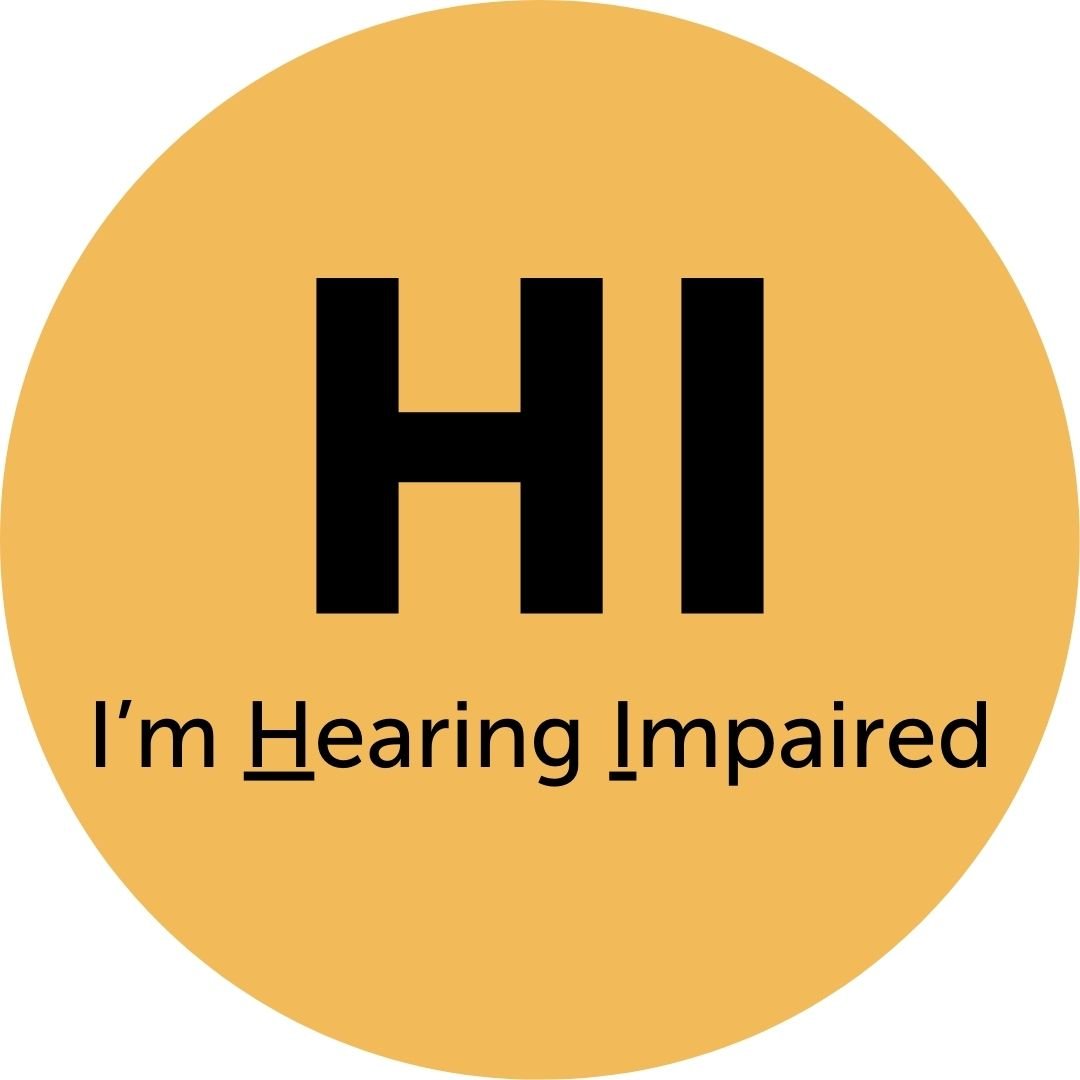A suggestion for a hearing impairment awareness campaign.
By Beverly
After a plane trip in the winter of 2019, my ears never “popped,” and my hearing was distorted for a couple of weeks.
I asked an ENT friend about this problem. He scheduled an appointment for me and the audiology exam revealed moderate hearing loss in my left ear. In March 2020, I had a severe episode of vertigo and vomiting which led to an ER visit and an overnight hospital stay, all in the midst of the beginning of COVID.
Despite several tests to rule out a stroke and other conditions, the doctors could not identify the cause of this episode, and my vertigo eventually resolved. I told my ENT friend about this and he ran additional tests of my balance.
My ENT friend concluded that I probably had Ménière’s disease and sent me to another ENT specialist who tried steroid injections in my left ear, which didn’t help. That ENT recommended I get a hearing aid.
As a result I have worn a hearing aid pretty undetectably since then, but I often have difficulty hearing in noisy places, especially when my allergies flare up or I have an upper respiratory infection. I am not embarrassed to tell my friends that I have a hearing impairment and need them to speak up or we need to go to a quieter place to have a conversation.
I think it would be a good idea if we as hearing impaired individuals wear a button, like a campaign button, that says, “HI” and underneath it says, “hearing impaired.” That way people will know to face us when they speak, and to speak more slowly or loudly.
After all, the visually impaired have outward signs of their disability (glasses, white cane, seeing eye dog), why can’t we let people know we’d appreciate their help accommodating our disability?
Beverly lives in Texas.







Here is a guide to three different types of home adaptations that may help you as an independent senior with hearing loss.